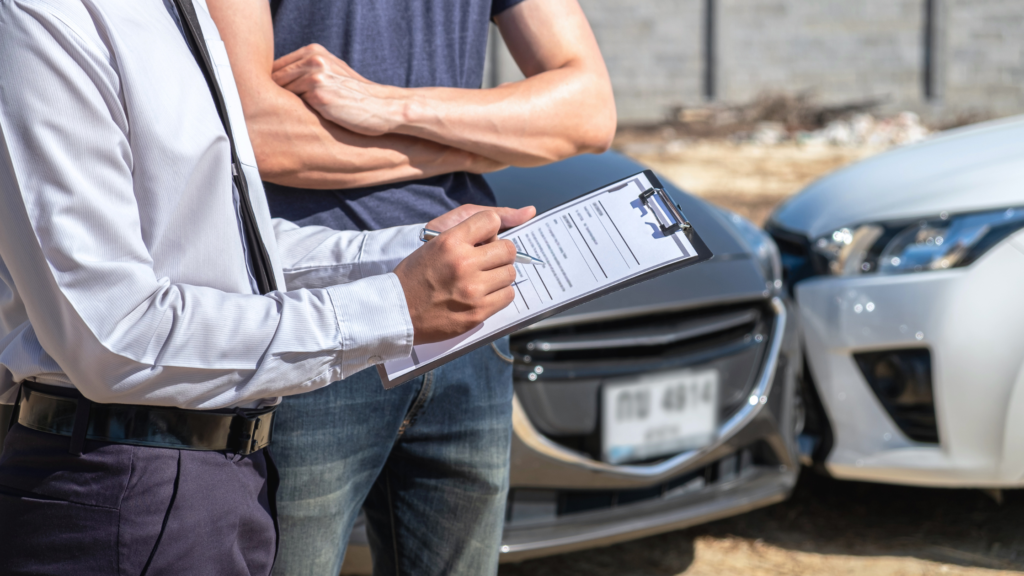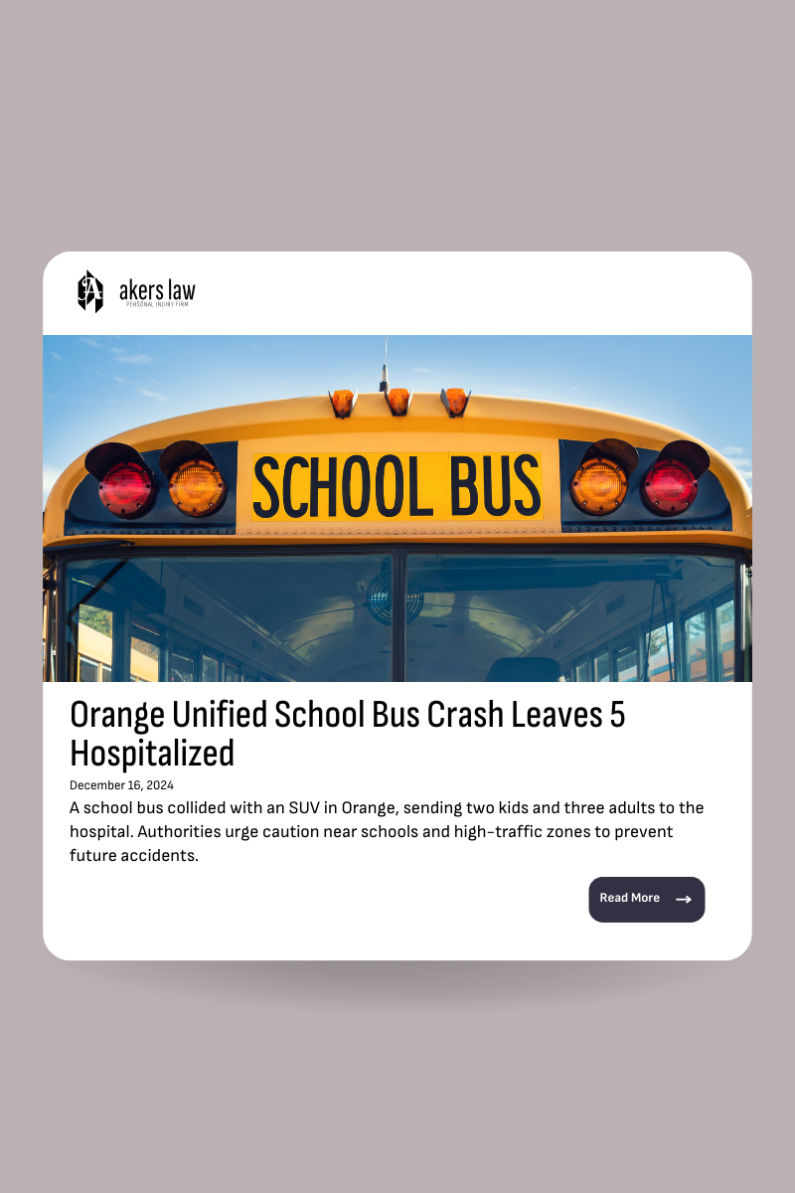
A car accident settlement is a legal agreement between the parties involved in a car accident to resolve the financial and legal aspects of the incident without going through a full trial. It’s a way to reach a resolution and compensate the injured party for their losses and damages. Here’s an overview of how a car accident settlement typically works:
- Accident Occurs: A car accident takes place, resulting in injuries, damages to vehicles, and potentially other losses.
- Gathering Information: After the accident, both parties involved should gather as much information as possible, including photographs of the accident scene, contact information of witnesses, police reports, medical records, and any other evidence related to the accident.
- Insurance Claims: Both parties will generally contact their insurance companies to report the accident. Insurance adjusters will assess the damages and determine who is at fault based on the information available. The at-fault driver’s insurance may be responsible for compensating the other party.
- Demand Letter: If you’re the injured party, your attorney or you personally will send a demand letter to the at-fault driver’s insurance company. This letter outlines the details of the accident, your injuries, medical treatment, property damage, and a demand for a specific amount of compensation.
- Negotiation: The insurance company will review the demand letter and may respond with a counteroffer. Negotiations can go back and forth until both parties reach an agreement on the settlement amount. During this process, it’s important to consider medical expenses, property damage, lost wages, pain and suffering, and any future costs related to the accident.
- Settlement Agreement: Once both parties agree on a settlement amount, a formal settlement agreement is drafted. This agreement outlines the terms of the settlement, including the agreed-upon compensation and the release of liability from further legal action related to the accident.
- Release of Claims: Upon signing the settlement agreement, the injured party typically agrees to release the at-fault driver and their insurance company from any further claims or legal action related to the accident. This means you cannot pursue additional compensation for the same accident in the future.
- Payment: After the settlement agreement is signed, the insurance company will provide the agreed-upon compensation to the injured party. This compensation may cover medical bills, property damage, lost wages, and other relevant expenses.
- Closure: Once the settlement amount is paid and the release of claims is signed, the case is considered closed, and the parties involved can move on from the accident legally.
It’s important to note that settlements can vary widely based on the specifics of the accident, the severity of injuries, insurance policies, local laws, and other factors. While settlements can save time and legal expenses compared to a trial, it’s advisable to consult with a qualified attorney who specializes in personal injury cases to ensure your rights are protected and you receive a fair settlement. Contact Akers Law for a free consultation!
Car Accident Settlements in California
The general process of a car accident settlement is similar across different jurisdictions, including California. However, there might be some specific legal considerations and regulations in California that can affect how a car accident settlement works. Here are a few key points to keep in mind if you’re dealing with a car accident settlement in California:
- Comparative Negligence: California follows a comparative negligence rule, specifically a “pure comparative negligence” rule. This means that even if you are partially at fault for the accident, you can still recover damages from the other party involved, but the amount you can recover will be reduced by your percentage of fault. For example, if you’re found to be 20% at fault and the other driver is 80% at fault, your compensation would be reduced by 20%.
- Minimum Insurance Requirements: California law mandates that all drivers have minimum liability insurance coverage. This coverage helps in compensating victims for injuries and damages in case of an accident. The minimum liability coverage limits in California are different from those in other states.
- Statute of Limitations: In California, there is a statute of limitations that sets a time limit on how long you have to file a lawsuit after a car accident. Generally, you have two years from the date of the accident to file a personal injury lawsuit. If you’re only seeking property damage compensation, you have three years.
- Preventing Uninsured Drivers: In California, there’s also a requirement for insurance companies to offer uninsured motorist coverage to policyholders. This coverage can help compensate you if you’re in an accident with a driver who doesn’t have insurance or has insufficient coverage. Uninsured motorist coverage is relatively cheap, and the benefits far outweigh the costs.
- Medical Expenses: California has a rule called the “collateral source rule,” which generally allows you to recover your full medical expenses, even if your health insurance has covered a portion of those expenses.
- No-Fault System: California follows a fault-based system when it comes to car accidents. This means that the at-fault driver is generally responsible for compensating the injured party for their losses. Some states have no-fault systems where drivers’ own insurance covers their injuries regardless of who is at fault.
If you’re involved in a car accident settlement in California, it’s crucial to understand the state’s specific laws and regulations that could impact your case. Navigating the legal complexities of a settlement requires expertise, and consulting with an experienced attorney is highly recommended. Whether you’re dealing with issues of fault, comparative negligence, insurance coverage, or statute of limitations, a knowledgeable attorney can guide you through the process, protect your rights, and work toward securing a fair settlement. Don’t hesitate to reach out to a qualified legal professional who can provide personalized advice tailored to your situation. Your rights and the compensation you deserve are worth the investment in legal expertise. Contact Akers Law for a free consultation!
Helpful Links
- California Department of Insurance: Provides information about insurance regulations, rights, and resources for consumers in California.
- California Courts – Self-Help Center: Offers resources and information for individuals navigating the California court system, including guidance on personal injury cases.
https://www.courts.ca.gov/selfhelp.htm
- DMV – California Department of Motor Vehicles: Provides information about driver’s licenses, vehicle registration, and relevant laws in California.
https://www.dmv.ca.gov/portal/
Disclaimer: This article is for informational purposes only and should not be considered legal advice. Consult a qualified attorney for advice regarding your individual situation.



